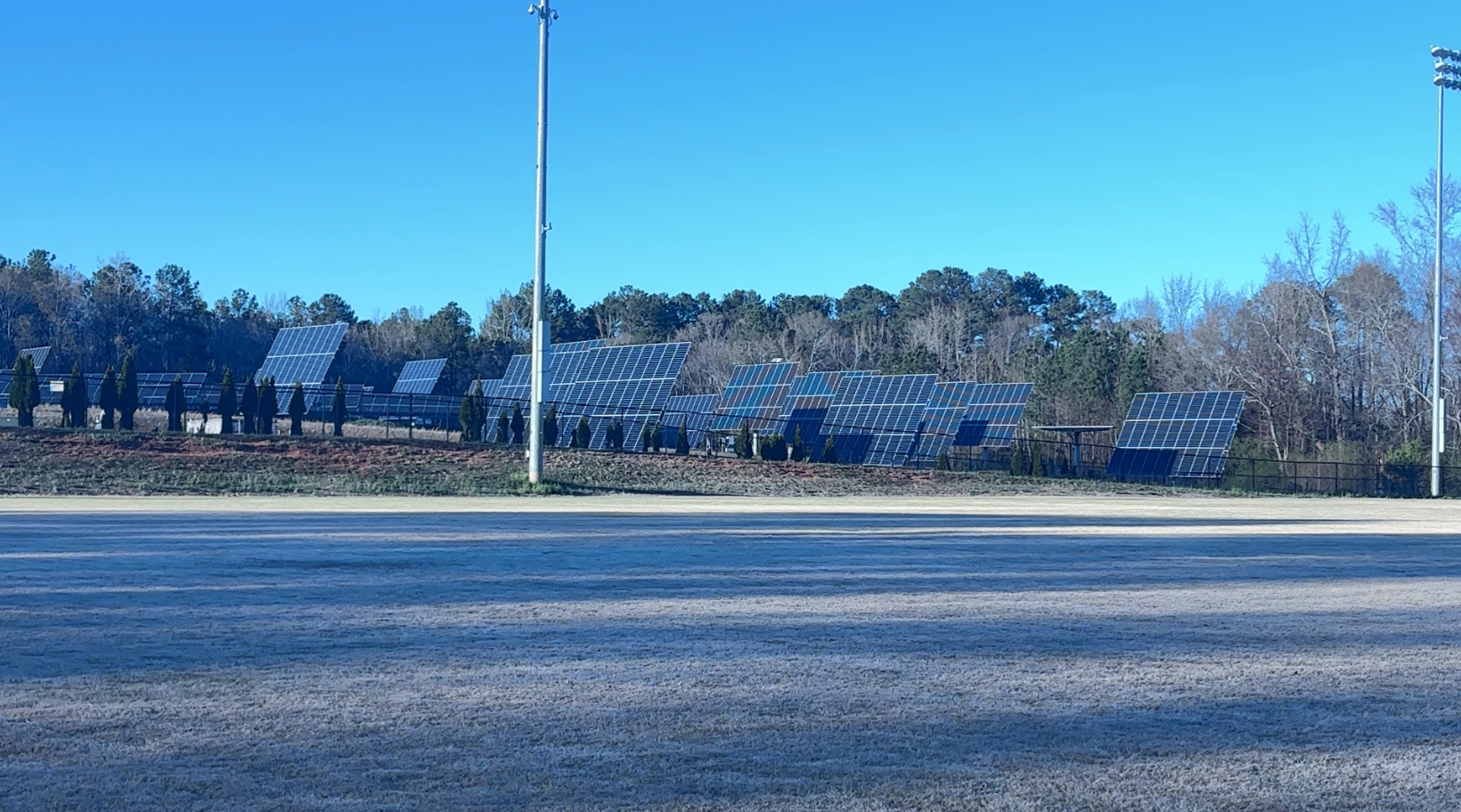Ryan Britt is a student at UGA who volunteers in an on-campus organization called Shop with a Bulldog (SWAB). This organization aims to help kids in the greater Clarke County area by giving them a day to buy holiday presents, get taken to lunch, play some games and have an enjoyable time with them.
Even though SWAB’s mission is to support children, Britt has seen himself performing practices to make their activities more environmentally friendly.
“I’ve realized there’s a lot of waste when it comes to feeding a lot of people […] and with that comes a lot of waste in the sense of plates and utensils,” he said. “This year, we really tried to become more sustainable in the sense of moving to more recyclable materials and really putting an emphasis on that.”
Like Britt, other students at UGA have engaged into sustainable practices, which aligns with the mission of UGA’s 2025 Sustainability Plan. UGA came up with a strategic plan in 2020 targeting different areas such as waste, carbon emissions, food systems and student involvement in sustainable practices on campus. Since then, the plan has been evolving every year in order to adapt to the needs of the community.
UGA’s main campus spans 760 acres and accounts for 95% of the total energy consumption across all UGA facilities. That’s why the main focus of this plan was on energy consumption and investing in renewable energy alternatives.
“Sustainability was a key aspect of UGA’s 2020 strategic plan,” UGA Director of Sustainability Kevin Kirsche said. “The strategic directions set called for advancing campus sustainability and stewardship with natural resources.”
Through the sustainability plan, the energy usage at UGA was reduced 25% by 2020. This has been possible through investments from the institution in renewable energy infrastructures and efficiency, primarily across the main campus.
Kirsche said UGA’s attempt to pursue more sustainable practices have a positive impact in the Athens community.
“So UGA and Athens have an interesting and integrating relationship, so any improvements that we make on campus do have ripple effects on the local community,” Kirsche said.
Athens-Clarke County program specialist Hannah Chaffee agrees that UGA’s sustainability plan has a direct impact on Athens, and the way in which everyone’s commitment to sustainability in the community.
“I think you see that culture bleeds into the community from campus and vice versa,” Chaffee said.
UGA’s most current plan does not only include all of the goals that were set back in 2020, but has a major focus on educating the community of UGA into the importance of pursuing sustainable practices.
“The 2025 strategic plan is much less detailed and prescripted. It focuses primarily on education, research, and outreach functions of the university,” Kirsche said.
Chaffee highlighted the efforts of UGA in educating their community into more sustainable practices, and how it’s been noticeable around Athens.
“UGA’s sustainability really takes advantage of the learning opportunities,” Chaffee said. She added that the institution connects student’s learning strategies to the needs of the community. “It’s nice to see people from the spheres interacting and trying to make the community a better place.”
With the 2025 Sustainability Plan emphasizing education, outreach, and community involvement, students, staff and local residents alike are part of a collective push toward a greener future.
Luisa Velez is a journalism major at the University of Georgia.









Show Comments (0)